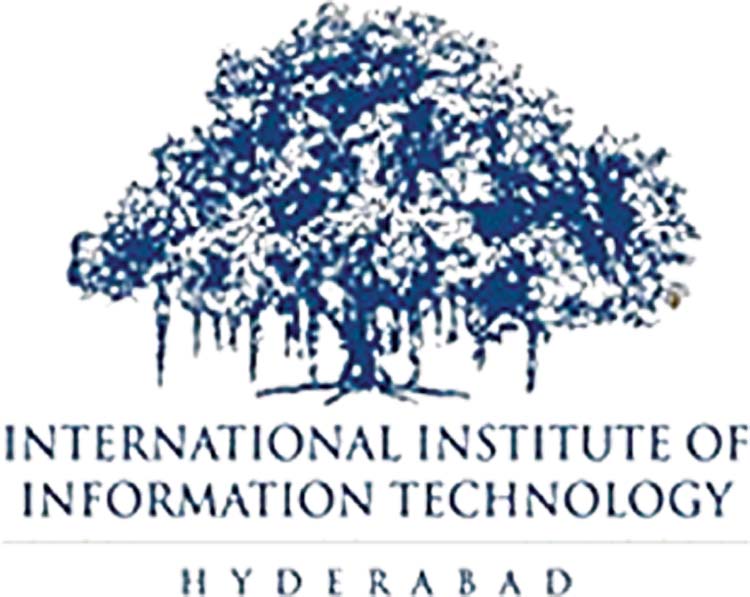Solutions proposed include phased reopening with mid-day meals, sensitising teachers around hardships faced during pandemic, and a bridge curriculum to ease students back to the school regime
A roundtable meeting on ‘AI & Emerging Tech for Grassroots school education post-pandemic’ was organised by International Institute of Information Technology Hyderabad (IIITH) to uncover and deliberate on challenges faced by children in rural government schools. Panelists included well-known social leaders from NGOs, policy makers, grassroot educators, social scientists, AI researchers and social innovators. Panelists shared their present/planned work or problems faced relating to school education to understand the challenges in dealing with COVID (and post-COVID) in various realms of school education, specifically in rural and government schools. Broadly the discussion brought out the crucial challenges the rural underprivileged are facing due to the pandemic. Inaccessibility, lack of digital literacy in teachers, negligence of the importance of arts, absence of extended learning groups, and increase in dropout rates are some of the listed challenges. The panelists also mentioned that the unfavorable learning environment at homes has made schools a necessity for rural students.
To ensure students go back to school safely, extended learning spaces need to be planned. Teachers should be made aware of the mental support that children need now. A bridge course should be planned to bridge the retention gap of the students. Also, schools should open partially and make mid-day meals available to avoid or lessen the intake of their unhealthy diet, the panelists acknowledged. Panelists also suggested how AI could help through automated evaluation tools for continuous monitoring and tracking, a simplified learning visualization tool for grassroot teachers, customised assessment tools to measure qualitative skills, experiential learning through virtual technology, incorporating game-based learning tools, and an artificial learning buddy. The roundtable was organised by Prof Raj Reddy Center at IIITH as part of its endeavors to get tech solutions based on emerging research in the grassroot social sector, with specific focus on rural education and healthcare.
Prof P J Narayanan, Director of IIITH, said, “The vision for Prof Raj Reddy Center is to bring the latest research to build solutions that grassroot social organisations can adapt to help the underserved sections, particularly in education. This round table is a step in the direction of discovering the needs.” Panelists included Naveen Mittal, Commissioner, Collegiate Education & Technical Education at Government of Telangana; Sridhar P, Founding Director, Kautilya School of Public Policy; Ramji Raghavan, Founder, Agastya International Foundation; Vinoda Kailas – Director, Pravaha Foundation; Samyak Chakraborty – Founder, Xbillion Vision Labs; Abhimanyu Saxena – Founder, Scaler Academy; A N Ramachandra – Ex Commissioner, Navodaya Vidyalaya; Brig. Ganesham – Founder, Palle Srujana; Pothu Raju – Head Master, Guntur; Prof. Jayanthi Sivaswamy, IIIT Hyderabad; Kiranmai Pendyala – Head of HR, Western Digital; Pradeep Lokhande – Founder, Rural Relations; Mayur Patnala – Founder, Nirmaan; Payoshni Saraf – Director Alumni Impact, TFI; and Ashish Shrivastava – Founder, Shiksharth. Viiveck Varma, Advisor to Prof Raj Reddy Center, who facilitated the round table said, “Our endeavour through this round table and the work to follow is to harness the intersection of Technology and Social Impact in a manner benefiting communities at large.”
This center is an initiative of IIIT Hyderabad to enable research and emerging technology led solutions for grassroot education and public health, with specific emphasis on the rural population. The problem faced by the bottom of the societal pyramid is huge and needs solutions that can be scaled to billions of underprivileged. Several NGOs have been doing a phenomenal job on ground but many NGOs don’t have access to the latest research and technology solutions. This limits the scale amplification due to dependency on volunteers alone to scale. Access to technology research institutions will help leverage emerging and futuristic technologies (including AI, Virtual Reality, and others) to amplify their impact. The centre will pursue two broad directions for high societal impact: innovations in rural education, and innovation in healthcare for underprivileged sections of society.

About IIIT Hyderabad:
The International Institute of Information Technology, Hyderabad (IIITH) is an autonomous research university founded in 1998 that focuses on the core areas of Information Technology, such as Computer Science, Electronics and Communications, and their applications in other domains through inter-disciplinary research with great social impact. Some of its research domains include Visual Information Technologies, Human Language Technologies, Data Engineering, VLSI and Embedded Systems, Computer Architecture, Wireless Communications, Algorithms and Information Security, Robotics, Building Science, Earthquake Engineering, Computational Natural Sciences and Bioinformatics, IT in Agriculture and e-Governance.

